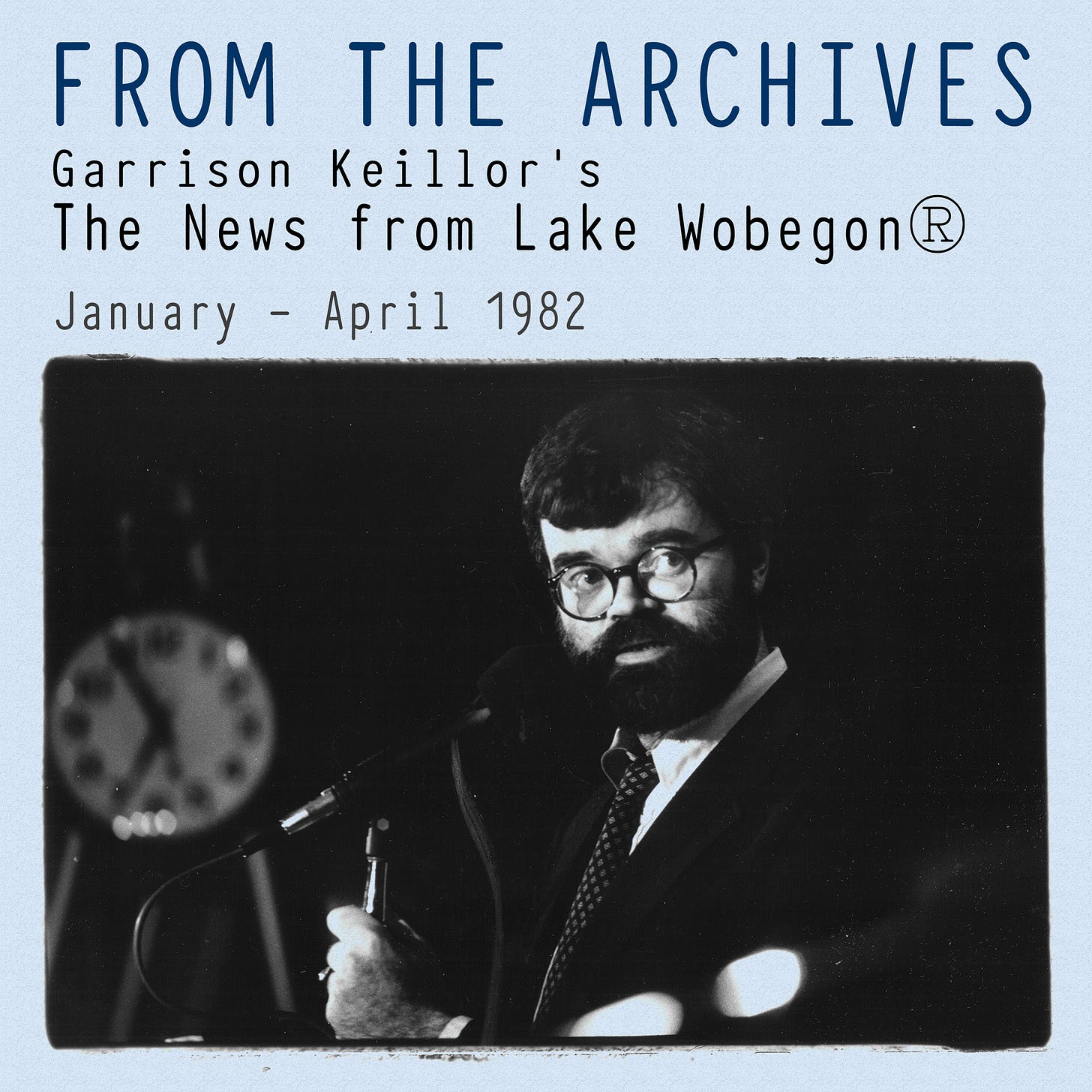The Writer's Almanac from Wednesday, February 7, 2001
Poem: from "Endymion," by John Keats.
It's the birthday of writer Sinclair Lewis, born in Sauk Centre, Minnesota (1885), the son of a country doctor. He made his name with Main Street (1920), a novel portraying a small town in Minnesota called Gopher Prairie. His next novel, Babbit (1922), was about a banal businessman, and "babbitry" became a synonym for middle-class conventionality. Sixteen of his twenty-two novels have Midwestern protagonists or settings.
It's the birthday of writer Laura Ingalls Wilder, born in Pepin, Wisconsin (1867). The Ingalls family moved repeatedly—to Missouri, Kansas, Minnesota, Oklahoma, Iowa and finally to De Smet, South Dakota. Laura married a farmer named Almanzo Wilder, and they settled in the Ozarks on a chicken farm. She wrote columns for local newspapers about farm life and raising poultry, and, at her daughter Rose's urging, she wrote her first book, Little House in the Big Woods, in 1931. This was followed by Little House on the Prairie and other books.
It's the birthday of lexicographer Sir James A. H. Murray, born in Denholm, Scotland (1837), editor of the earliest version of the Oxford English Dictionary. He worked nearly every waking hour on the Dictionary, and enlisted his eleven children to help on the project, too. He died in 1915 at the age of seventy-eight, having seen the Dictionary about halfway through to completion. It was finished thirteen years later.
It's the birthday of Charles Dickens, born in Portsmouth, Hampshire, England (1812). He enjoyed an Idyllic childhood until he was 12, when his father—a man hopeless with money—sank so far into debt he was sent to debtors' prison. Charles was put to work pasting labels on bottles in a blacking warehouse, an experience he found so humiliating that his own wife and children didn't learn of it until after his death. But memories of that time inspired much of his fiction, especially the early chapters of David Copperfield (1850). He learned shorthand, became a reporter, and when his first serialized novel came out, The Pickwick Papers (1837), he was the most popular writer in England. Later novels include Nicholas Nickleby (1838), Bleak House (1853), Great Expectations (1861), and A Tale of Two Cities (1859). He continued to work intensely until he died suddenly of a stroke at the age of 58.
It's the birthday of Sir Thomas More, born in London (1478). He was Lord Chancellor to Henry VIII, but denied the king's title as supreme head of the Church of England, and for that was beheaded. On his way to the scaffold, he said to his guard, "See me safe up. For my coming down, I can shift for myself."
Be well, do good work, and keep in touch.®
From the Archives: The News from Lake Wobegon, January – April 1982 (mp3 download)
This digital collection includes live "News from Lake Wobegon" monologues from episodes of A Prairie Home Companion that spanned January 2, 1982 through April 24, 1982.






Had this been contemporary, surely the bit on Sinclair Lewis would have mentioned his novel from the ‘30’s, “It Can’t Happen Here.” It’s a shatteringly-plausible take on what would happen if an evangelical and a fascist ran America from the White House.